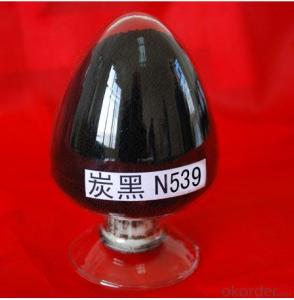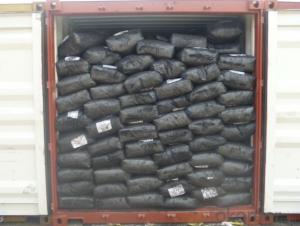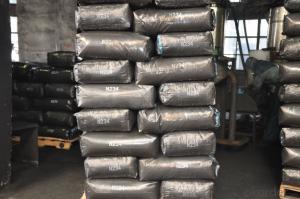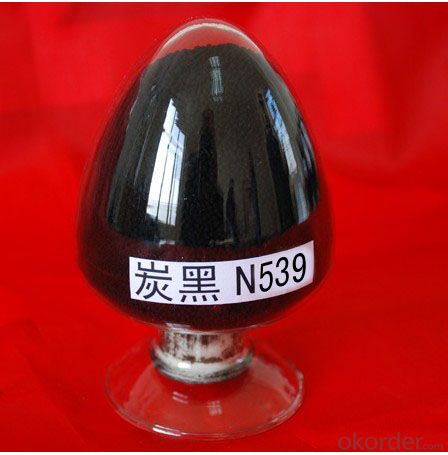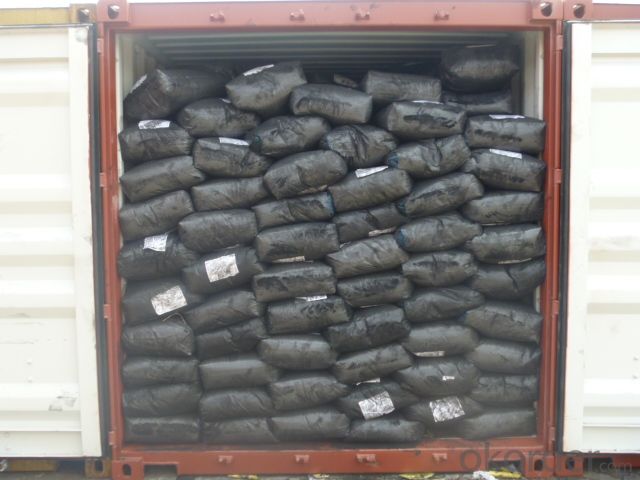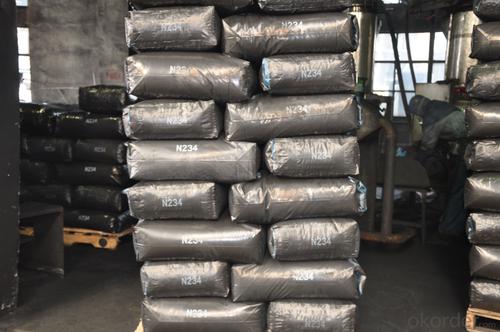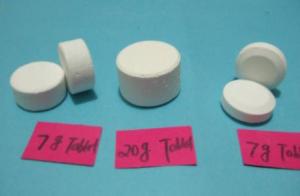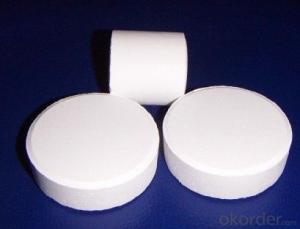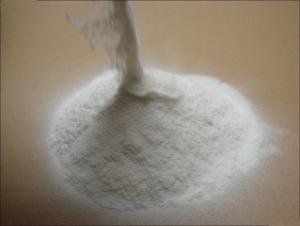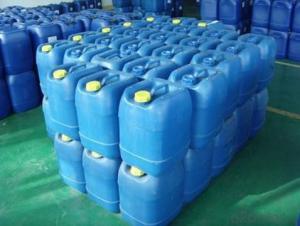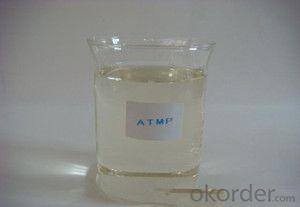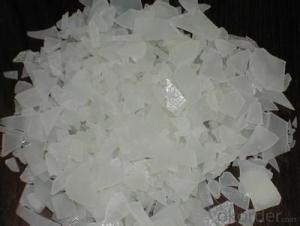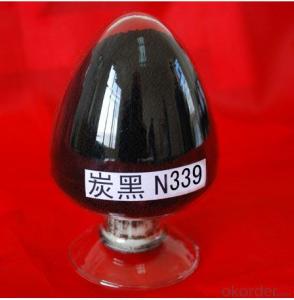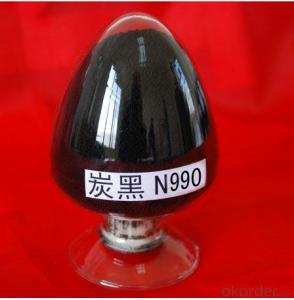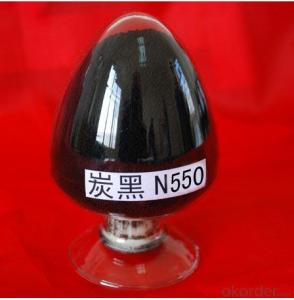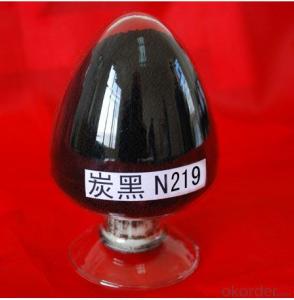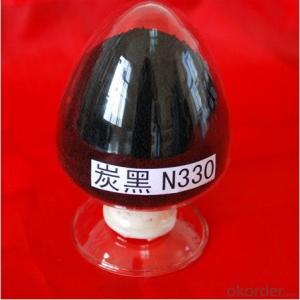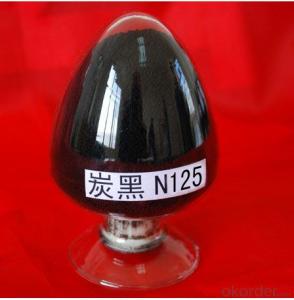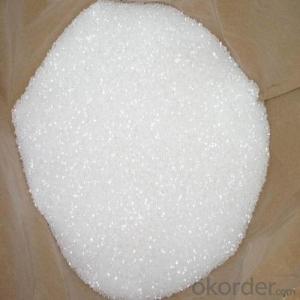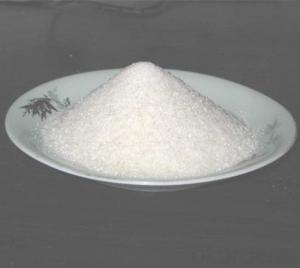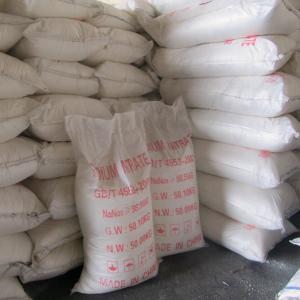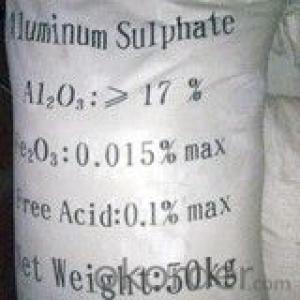Carbon Black N539 Granluar
- Loading Port:
- Tianjin
- Payment Terms:
- TT OR LC
- Min Order Qty:
- -
- Supply Capability:
- 10000MT m.t./month
OKorder Service Pledge
OKorder Financial Service
You Might Also Like
Carbon Black N539(Granule)
Product Description:
carbon black N539:
1.Usage Rubber Auxiliary Agents;
2.Product Status:Black powder or granular;
3.Standard: ISO 9001:2000
Suggest for Use:
uses for the truck tire, passenger tire tread rubber, etc., and require high strength, high wear-resistant rubber products, such as high-strength conveyor belt, industrial rubber products.
TDS of the Carbon Black N539
Product Varieties | N539 | Pouring density(kg/m3) | 345~425 |
Iodine absorption Value(g/kg) | 39~47 | 300%modulus(Mpa) | -2.6 ~0.6 |
DBP absorption Value (10-5m2/kg) | 106~116 | Ash content | ≤0.7% |
24Mn DBP(10-5m2/kg) | 76~86 | 45um sieve residue | ≤0.05% |
CTAB surface area(103m2/kg) | 36~46 | 500um sieve residue | ≤0.001% |
STSA/(103m2/kg) | 33~43 | Impurity | NO |
Nsa surface area(103m2/kg) | 35~43 | Fine content | ≤10% |
Tint strength(%) | ------ | Tensile strength(Mpa ) | ≥-5.0% |
Heatloss(%) | ≤1.5 | Elongation at failure | ≥-20% |
Safety:
As a matter of good industrial hygiene, gloves and safety glasses with side shields or better eye protection should be worn when handing Carbon Black ,For more information, refer to the MSDS.
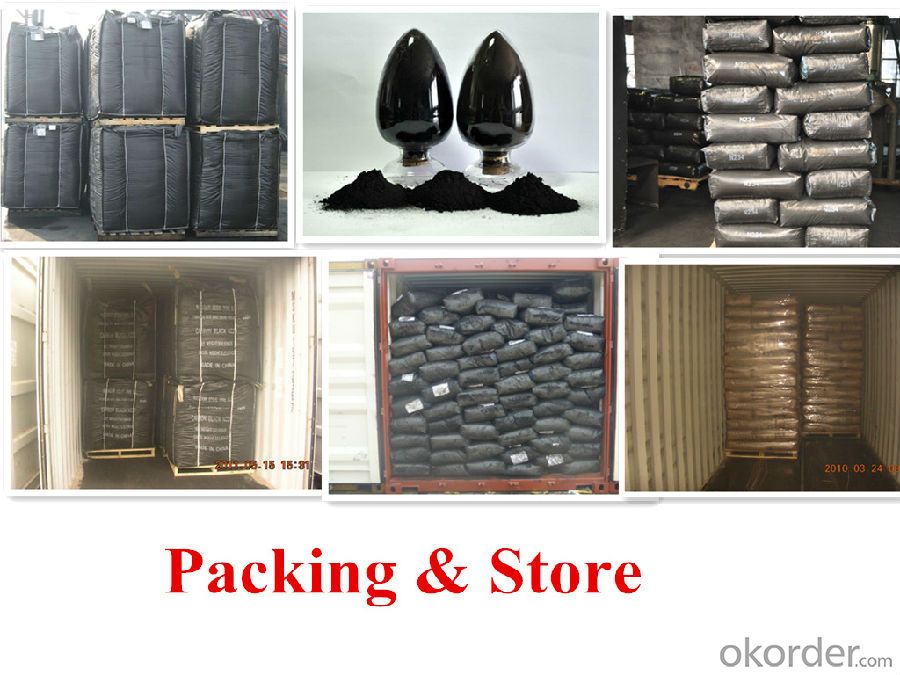
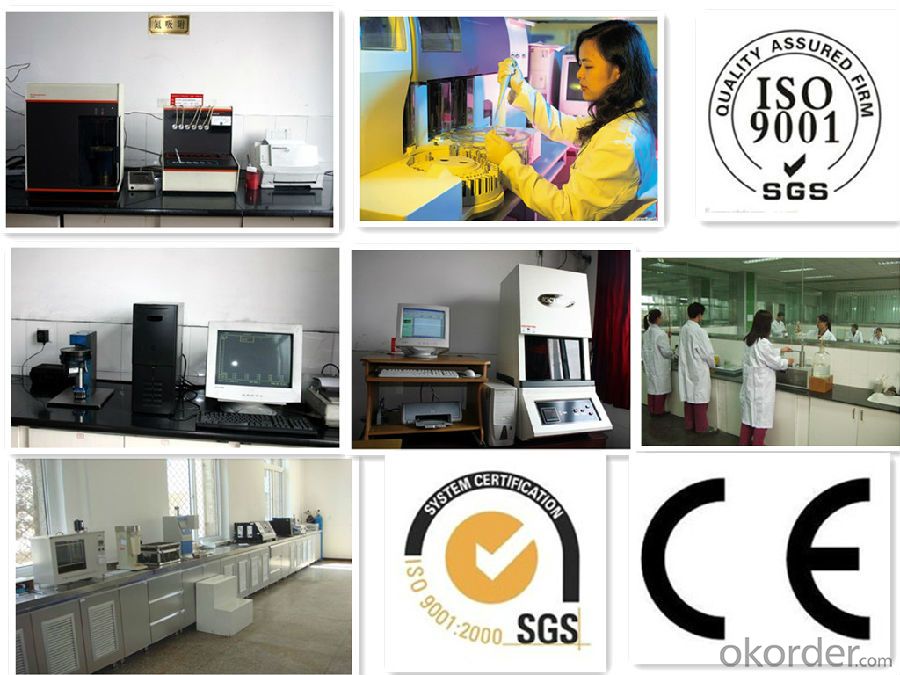
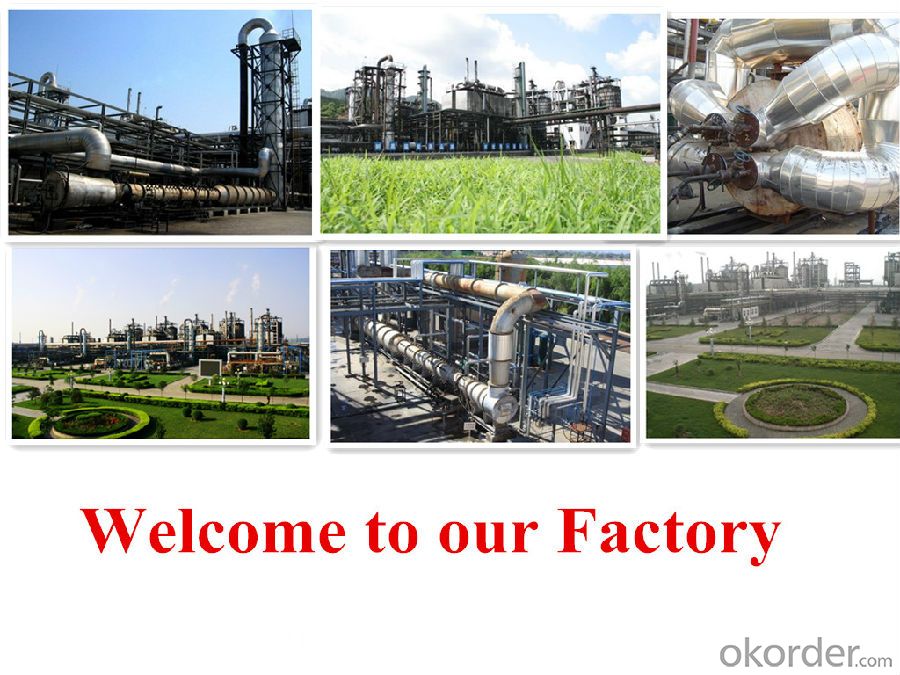
- Q: Why the catalyst after the chemical reaction of its quality and chemical properties unchanged
- The catalyst is only a catalytic role, not directly involved in the reaction, the current principle of its role is not clear
- Q: What is the PTC catalyst in chemistry?
- 1, polyether chain polyethylene glycol: H (OCH2CH2) nOH chain polyethylene glycol dialkyl ether: R (OCH2CH2) nOR2, cyclic crown ethers: 18 crown 6,15 crown 5, Fine and so on. 3, quaternary ammonium salt: commonly used quaternary ammonium salt phase transfer catalyst is benzyl triethyl ammonium chloride (TEBA), tetrabutyl ammonium bromide, tetrabutylammonium chloride, tetrabutylammonium hydrogen sulfate (TBAB) , Trioctylmethylammonium chloride, dodecyltrimethylammonium chloride, tetradecyltrimethylammonium chloride, and the like. 4, tertiary amine: R4N X, pyridine, tributylamine and the like. 5, quaternary ammonium base (its alkaline and sodium hydroxide similar) soluble in water, strong hygroscopicity. 6, quaternary phosphonium
- Q: The last question asked no one answered this question.
- First of all now the most common way to change the ligand.
- Q: the process of which the heterogeneous catalyst work in vehicles. a step by step instruction in how they work. :)
- The Reduction Catalyst The reduction catalyst is the first stage of the catalytic converter. It uses platinum and rhodium to help reduce the NOx emissions. When an NO or NO2 molecule contacts the catalyst, the catalyst rips the nitrogen atom out of the molecule and holds on to it, freeing the oxygen in the form of O2. The nitrogen atoms bond with other nitrogen atoms that are also stuck to the catalyst, forming N2. For example: 2NO =N2 + O2 or 2NO2 =N2 + 2O2 The Oxidization Catalyst The oxidation catalyst is the second stage of the catalytic converter. It reduces the unburned hydrocarbons and carbon monoxide by burning (oxidizing) them over a platinum and palladium catalyst. This catalyst aids the reaction of the CO and hydrocarbons with the remaining oxygen in the exhaust gas. For example: 2CO + O2 =2CO2
- Q: Thorough explanation pls.
- A catalyst is a substance that increases the rate of a chemical reaction.
- Q: Describe the role of a catalyst and a substrate in a chemical reaction.
- a catalyst speeds up the reaction
- Q: I need to name 3everyday catalysts for my chemistry homework. I don't want anything complicated there must just be 3 easy ones out there... Then could you please state what each one is used for? Please do it like this, e.g.Hello ; used to say hi to someone. I know that's a bad example but please!!
- Hello ; Chemical catalysts are substances that increase the rate of reaction (while remaining themselves chemically unchanged: Polyethylene, the polymer used to make everything from: 1. garbage bags and 2. grocery bags, to 3. squeezable bottles, to 4. cable insulation, is made by passing ethylene gas over a catalyst. Most other polymers are made in the same (or similar) way. Synthetic rubber, nylon, polyester, PVC, teflon, etc. It's not hard to think of 10 uses for these catalyst-produced materials alone... e.g. : 5. rain coats 6. pantyhose 7. water pipes 8. bouncy balls 9. non-stick surfaces and pads 10. saran wrap 11. food containers 12. cell-phone and laptop cases 13. cheap wigs 14. fishing line... 15. Enzymes are Biological catalysts: 16. beer and 17. bread are typically made with yeast, a living organism containing enzymes I hope this helps!
- Q: An important property of the catalyst is that the reaction equilibrium is not changed while increasing the forward reaction rate and the reverse reaction rate. However, because the enzyme for the specificity of the substrate, is not almost every reaction by the enzyme are one way to do it.
- Enzymes, refers to the biocatalytic function of the polymer material, in the enzyme catalytic reaction system, the reactant molecules known as the substrate, the substrate catalyzed by the enzyme into another molecule. Similar to other non-biocatalysts, the enzyme changes the reaction rate by adjusting the Gibbs free energy of the chemical reaction, and most of the enzyme can increase the rate of its catalytic reaction by a million times; in fact, the enzyme is provided with another The activation energy requires a lower route so that more reactive particles produce more effective collisions to produce more kinetic energy. According to the first law of thermodynamics, the kinetic energy obtained by the collision can accelerate the reaction rate by transformation. The enzyme as a catalyst itself is not consumed in the reaction process nor does it affect the chemical equilibrium of the reaction.
- Q: Why would the Eact decrease if a catalyst is added?
- Catalysts work by providing an (alternative) mechanism involving a different transition state and lower activation energy. The effect of this is that more molecular collisions have the energy needed to reach the transition state. Hence, catalysts can perform reactions that, albeit thermodynamically feasible, would not run without the presence of a catalyst, or perform them much faster, more specific, or at lower temperatures. This can be observed on a Boltzmann distribution and energy profile diagram. This means that catalysts reduce the amount of energy needed to start a chemical reaction.
- Q: What kind of chemical reaction requires a catalyst?
- Too much reaction, and basically related to the industry
Send your message to us
Carbon Black N539 Granluar
- Loading Port:
- Tianjin
- Payment Terms:
- TT OR LC
- Min Order Qty:
- -
- Supply Capability:
- 10000MT m.t./month
OKorder Service Pledge
OKorder Financial Service
Similar products
Hot products
Hot Searches
Related keywords
